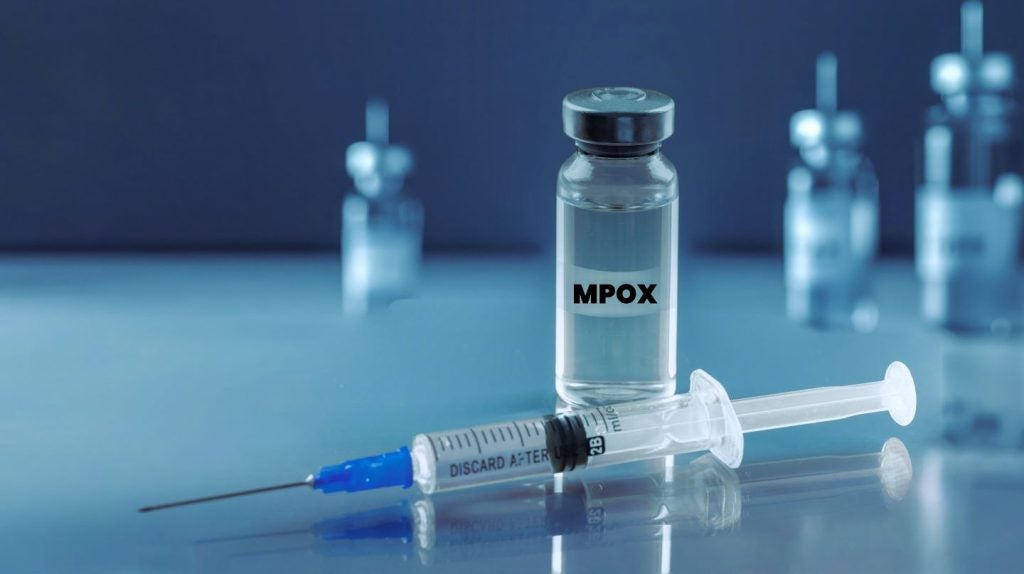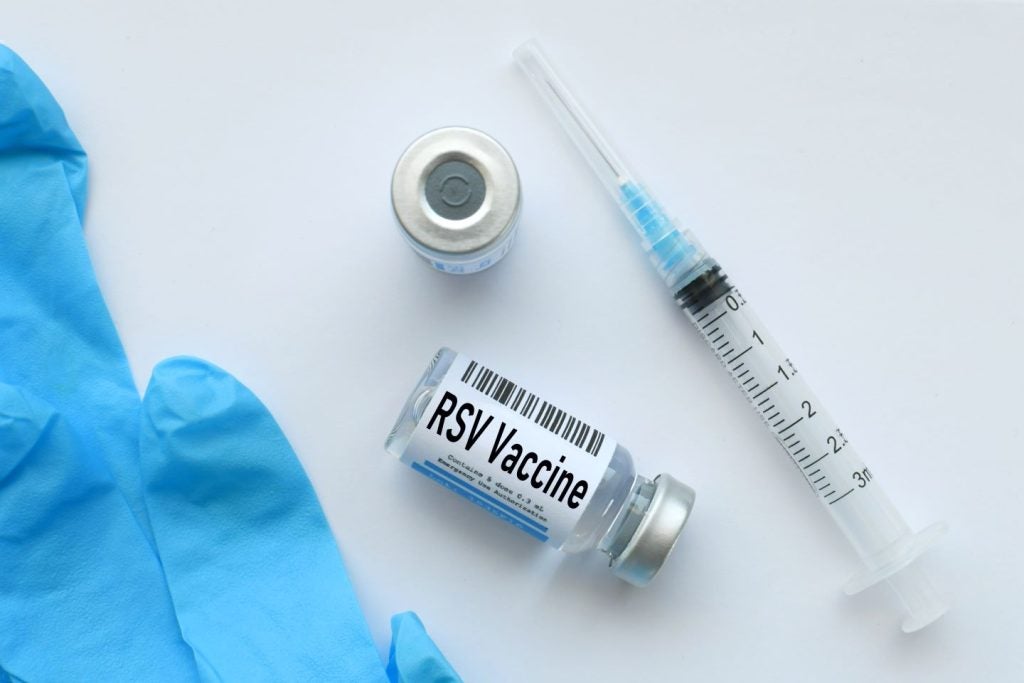Novartis has set its sights on the North Carolina biotech Lindy Biosciences to allow its biologics to be delivered via subcutaneous (SC) injections that can be self-administered at home.
Under the licensing and collaboration agreement, Novartis will give a $20m upfront payment to the Duke University spinout.
Lindy is also eligible to receive up to $934m in additional payments across multiple targets upon achieving certain regulatory, development, and commercial milestones, as well as tiered single-digit royalties on net sales.
Unlike small molecule drugs that can be taken orally, most antibody therapeutics have to be administered intravenously in a clinical setting, which can be both expensive and inconvenient.
Novartis will gain exclusive access to the Morrisville-based biotech’s flagship microglassification technology, which transforms biologic drugs into stable, micron-sized glassy particles, allowing for highly concentrated and stable formulations. This enhances drug stability, reduces injection volumes, and enables more convenient delivery methods, says Lindy.
Novartis has some self-administered injectables on the market already. Its blockbuster B cell therapy Kesimpta (ofatumumab) can be self-administered once monthly at home using the Sensoready autoinjector pen to treat patients with relapsing forms of multiple sclerosis.
However, the companies said there continues to be a growing need for patient-friendly treatment options that can be self-administered at home. Lindy said that its technology has the potential to reduce healthcare costs while also improving patient comfort, convenience, and treatment compliance.
Other companies are already on the subcutaneous formulation bandwagon. Last August, Roche became the first of its checkpoint inhibitor competitors to secure approval for the SC formulation of its oncology drug, Tecentriq (atezolizumab). The SC formulation was based on Halozyme Therapeutics’ Enhanze drug delivery technology, which uses recombinant human hyaluronidase PH20 (rHuPH20) enzyme to stabilise the SC formulation.
Pharma giant MSD is also developing a SC formulation of its blockbuster checkpoint inhibitor Keytruda (pembrolizumab). In addition to benefiting patients, an SC version could give MSD leverage to compete with any generic versions of intravenous (IV) Keytruda that emerge following its patent expiry in 2028.
In the announcement accompanying the deal, Lindy’s CEO Deborah Bitterfield said: “We're excited to deepen our collaboration with Novartis. This collaboration is a testament to our shared dedication to enhancing patient care and marks a significant milestone as we take Lindy’s formulation technology into the clinic for the first time.”















